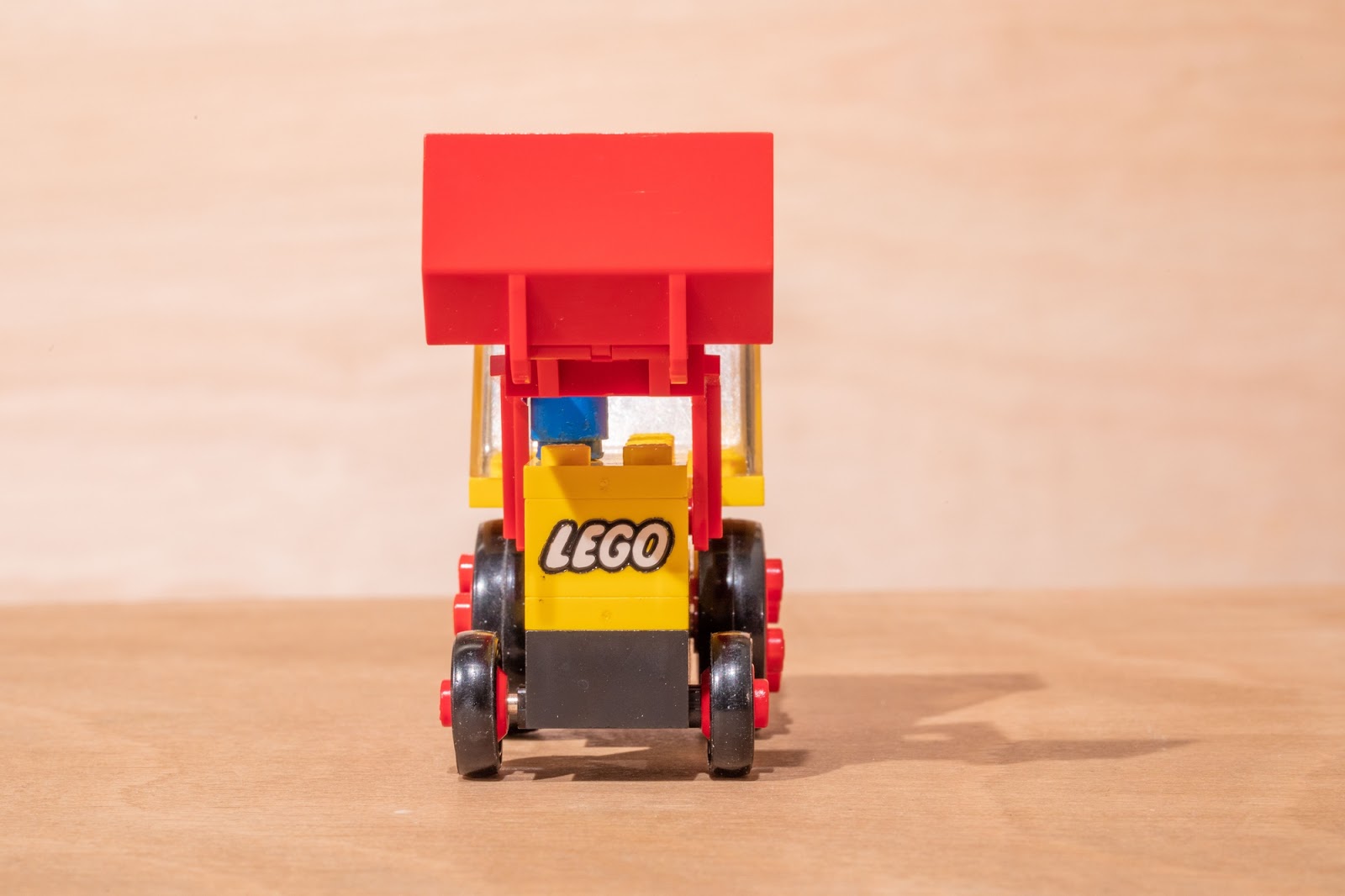.jpg)
Affiliate Disclaimer: We may receive commissions for purchases made through links placed on our site. Please visit our Disclaimers page for more information.
If you’ve ever stepped on a LEGO brick, you know just how powerful it can be. But beyond their foot piercing abilities, LEGO has built something even stronger, a global brand so dominant it has surpassed tech giants, luxury fashion houses, and household names.
In 2025, The LEGO Group was officially crowned the most powerful brand in the world, overtaking industry titans like Apple, Google, and Amazon. But what exactly makes LEGO such a branding behemoth? It’s more than just plastic bricks, it’s a strategic empire built on nostalgia, innovation, and unwavering creativity.
So, how did LEGO construct its brand dominance, brick by brick? Let’s take a closer look.

One of LEGO’s greatest strengths is its ability to transcend generations. The same bricks that entertained kids in the 1950s are still captivating children, and adults today.
LEGO has expertly harnessed nostalgia to maintain a loyal customer base that spans decades. Parents who played with LEGOs as kids are now buying sets for their children, creating a cycle of brand loyalty that few companies can replicate.
But LEGO doesn’t just rely on nostalgia, it evolves with the times while staying true to its core product. Whether it’s re-releasing classic sets or introducing new themes, LEGO strikes a balance between timeless charm and modern innovation.
Another secret to LEGO’s global dominance? Strategic partnerships with pop culture icons.
From Star Wars and Harry Potter to Marvel and Minecraft, LEGO has perfected the art of collaboration. These licensing deals keep the brand fresh, relevant, and in-demand across different fan bases.
By aligning itself with globally recognized names, LEGO ensures its bricks stay in the spotlight.

LEGO isn’t just about building, it’s about storytelling.
The company has expanded into movies, video games, and even amusement parks, transforming itself into a full fledged entertainment powerhouse.
This multi platform dominance ensures LEGO remains an integral part of people’s lives, whether they’re playing, watching, or visiting.
LEGO isn’t just about fun, it’s about responsibility.
In recent years, LEGO has made major strides in sustainability and eco conscious initiatives, setting itself apart from competitors:
By positioning itself as a brand that cares about the planet and future generations, LEGO strengthens its relationship with consumers who value sustainability.
In a world where screens dominate, LEGO has found a way to merge digital play with physical play.
The LEGO Group is actively working on expanding into the metaverse, partnering with Epic Games, the creators of Fortnite, to develop a kid friendly digital universe.
Additionally, LEGO’s digital innovations include:
By embracing tech without abandoning physical play, LEGO has created the perfect blend of traditional and modern playtime.

Many brands try to stay relevant, but LEGO consistently evolves while staying true to its core identity.
Here’s why LEGO remains unmatched:
✔ It’s timeless—Children today play with LEGO the same way their grandparents did.
✔ It’s adaptable—From physical toys to digital experiences, LEGO embraces change.
✔ It’s culturally relevant—Through smart collaborations, LEGO stays connected to pop culture.
✔ It’s responsible—Sustainability efforts make LEGO a forward-thinking brand.
✔ It’s interactive—Few brands offer such an immersive and hands-on experience.
LEGO’s magic lies in its ability to be both nostalgic and cutting edge.
From a small Danish toy company to the world’s most powerful brand, LEGO’s journey is nothing short of remarkable.
By mastering nostalgia, innovation, and engagement, LEGO has built more than just an empire of bricks, it has built an empire of loyalty and influence.
As LEGO continues expanding into digital landscapes, sustainability, and entertainment, one thing is clear: LEGO isn’t just a toy brand, it’s a cultural phenomenon that will continue to dominate for generations to come.

